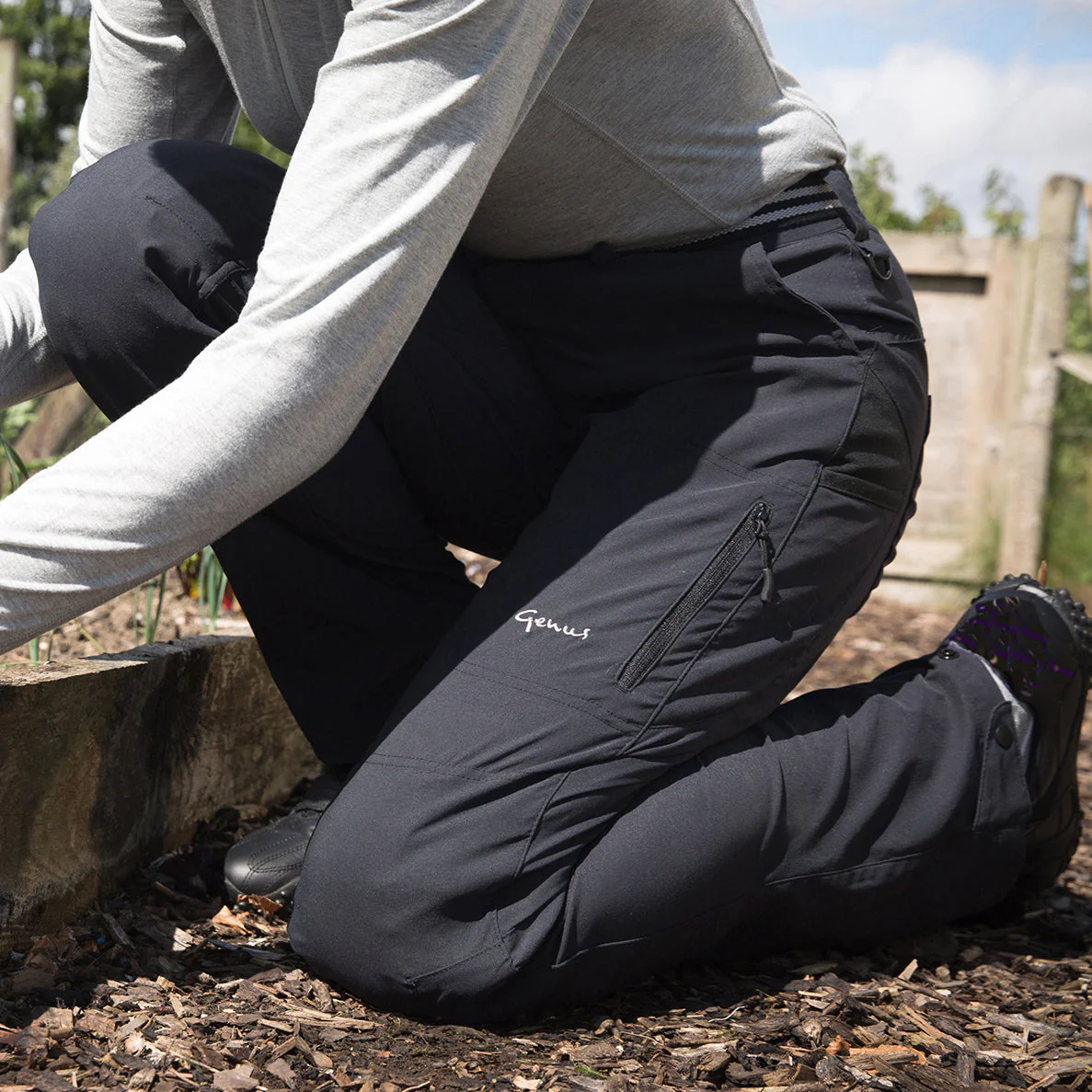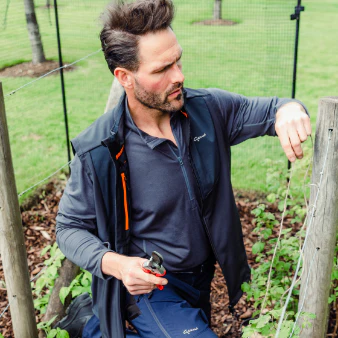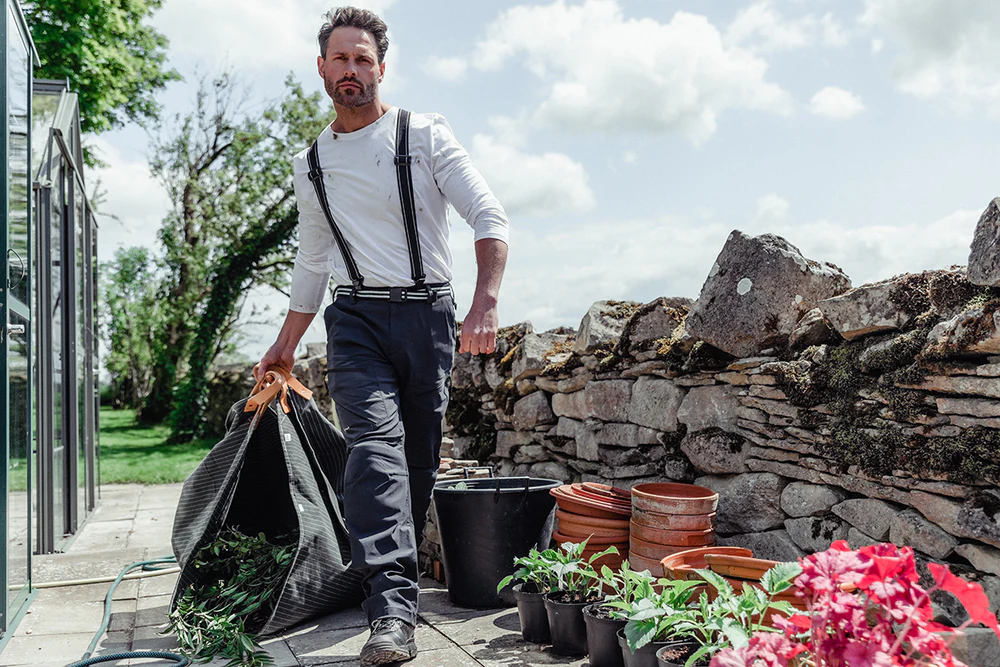Growing your own

It’s been a weekend of seed sowing, potting-on, and mulching in my fruit and vegetable garden. Getting all this sorted, and listening to the Gardeners Question Time team at the Edible Garden Show, got me thinking about how many gardeners produce their own food at home or on their allotments.
The Soil Association estimates about 80% of UK households have a garden, but only about 20% of them produce food. That’s quite a contrast with the situation during WW2 when about 50% of the nation’s food needs came from gardens and allotments.
I wonder how many families are using garden food production to help them with their household budgets and keeping food on the table? A quick websearch found some amazing schemes for people without gardens to get access to land (look at the Landshare project for example).
Growing your own veg is hot news. Flat-dwellers can grow vegetables in containers and up walls, or on their balconies. Anyone can grow micro-greens on a kitchen windowsill. Mark Ridsdill Smith set himself the challenge of growing £500 of food in a year without a garden. He beat his target by a long way - he managed to grow £899 worth of food!
In the Genus garden, we always produce much more than we can eat. And it's sometimes difficult to harvest at exactly the right time so we end up with veg that is past its best. But nothing gets wasted and in our garage is an enormous chest freezer full up with at least twenty different types of soup, containers of stewed fruit and carefully packed portions of vegetables.
The next project is egg-laying chickens. I can't wait.











